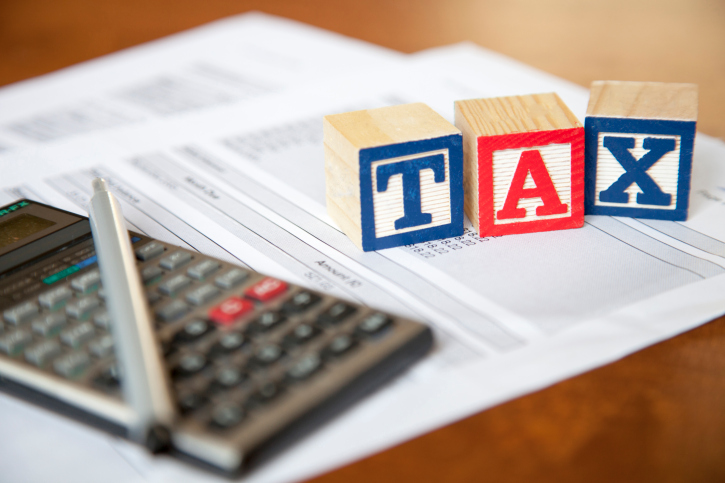It is the time of year again when you will be filing your federal income tax return as well as saying a little prayer that it will go through the entire process without launching an audit by the IRS. That prospect never fails to engage worry and fear in the minds of nearly everyone who has to file. You should know that a certain number of audits are going to be done on a random basis. In these cases, there is nothing you can do to prevent it from happening. Filers are simply at the mercy of “the luck of the draw”. Beyond the random audits, though, there are a few things that can be done to lessen the chances of the much dreaded audit.
Making sure tax forms are filled out correctly and completely is a must. Missing or inaccurate information or mathematical errors are a sure way to promote further investigation by an IRS agent and may well result in contact from the IRS or being singled out for an audit. So double check and then triple check every line and entry on your tax form for accuracy.
Always report all of your income. Remember that information on W-2s and 1099s, bank interest, investments and so forth are not only reported to you on various forms, but also to the IRS. If the numbers the IRS has do not match with the numbers you report, then an audit might be the end result.
Reporting a low amount of income or profit that is not enough to support the other expense entries you make on your tax return can serve as a warning to the IRS and raise questions that might suggest an audit.
Claiming a home office deduction often raises the chances of an audit, too. This is an area that so easily combines personal and business use of the same space. In order to take the deduction, though, the office area has to be used on a regular basis and only for business. Often the same area is used for things like personal storage, homework area for the kids, or a place where they can play games on the computer. These uses are not allowed if it is to qualify for a home office deduction.
Other entries that may trigger the IRS audit such as too many questionable business expenses, auto mileage, excessive charitable donations, and filing untimely returns can raise red flags that might indicate an audit is needed. The best and safest route to follow when preparing your income tax return is one of accuracy, honesty, and well kept records that can verify every entry on your return.








